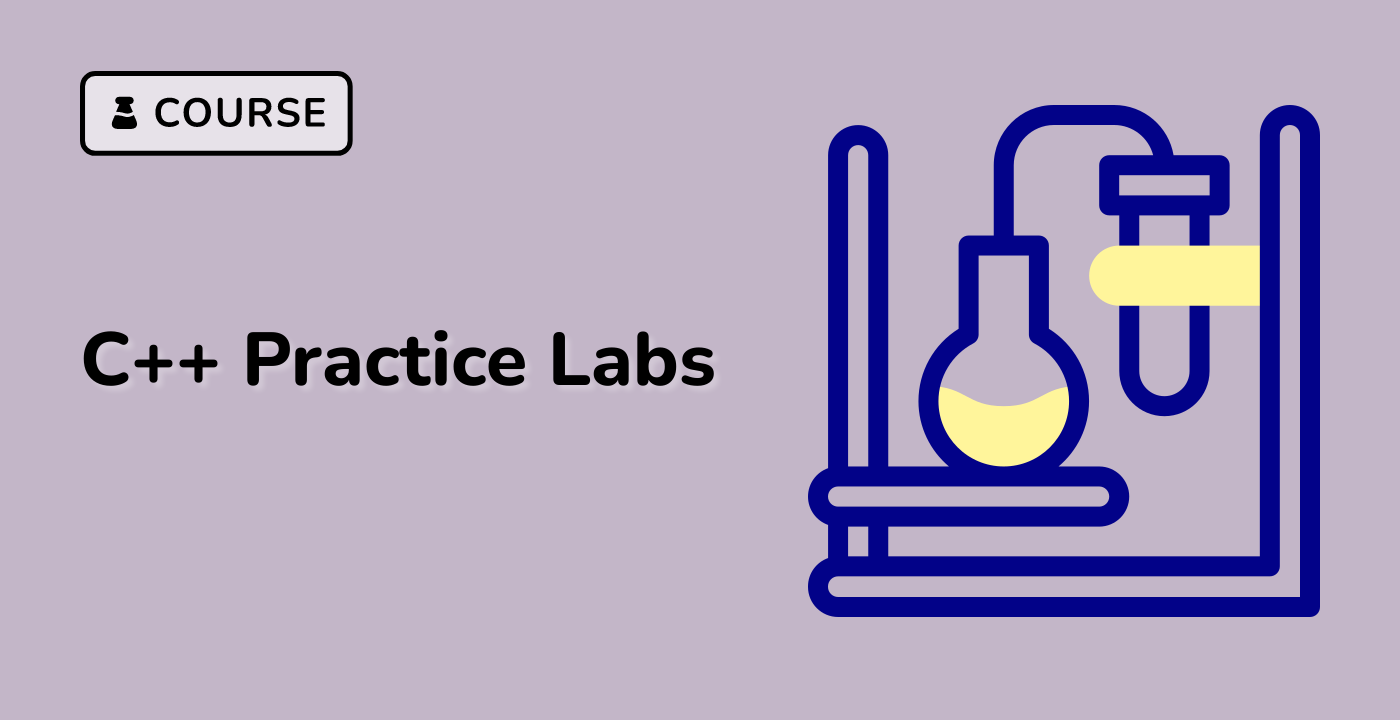Error Resolution Guide
Systematic Error Resolution Strategy
Resolving main function compilation errors requires a structured approach to diagnose and fix issues effectively.
Error Resolution Workflow
graph TD
A[Detect Compilation Error] --> B[Analyze Error Message]
B --> C[Identify Error Type]
C --> D[Locate Specific Code Section]
D --> E[Apply Appropriate Fix]
E --> F[Recompile and Verify]
Error Types and Solutions
| Error Category |
Common Causes |
Resolution Strategy |
| Syntax Errors |
Incorrect function declaration |
Correct function signature |
| Linker Errors |
Missing implementations |
Add missing function definitions |
| Type Mismatch |
Incorrect return types |
Align return types correctly |
Practical Error Resolution Techniques
1. Signature Correction
Incorrect Version
void main() {
// Incorrect main function
}
Corrected Version
int main() {
// Correct main function signature
return 0;
}
2. Return Statement Management
int main() {
// Always include explicit return
if (/* some condition */) {
return 1; // Error case
}
return 0; // Success case
}
Advanced Debugging Commands
Compilation with Detailed Warnings
g++ -Wall -Wextra -pedantic your_program.cpp -o your_program
Flags Explanation
-Wall: Enable all warnings-Wextra: Additional warning messages-pedantic: Enforce strict standard compliance
Common Error Scenarios
Scenario 1: Missing Return Type
main() { // Incorrect: No return type
// Code here
}
Scenario 2: Multiple Definition
int main() { return 0; }
int main() { return 1; } // Error: Multiple main functions
Compilation Error Handling Strategies
- Read error messages carefully
- Identify exact line and error type
- Check function signature
- Verify return statements
- Ensure proper include directives
LabEx Recommended Debugging Approach
- Use modern IDE with integrated debugging
- Leverage static code analysis tools
- Practice incremental compilation
- Maintain clean, modular code structure
Error Prevention Checklist
graph LR
A[Error Prevention] --> B[Consistent Coding Style]
A --> C[Regular Compilation]
A --> D[Modular Design]
A --> E[Comprehensive Testing]
Best Practices
- Always compile with warning flags
- Use meaningful variable and function names
- Break complex logic into smaller functions
- Comment your code for clarity
- Regularly test compilation
Conclusion
Mastering error resolution requires practice, patience, and a systematic approach to understanding and fixing compilation issues in C++ programming.




